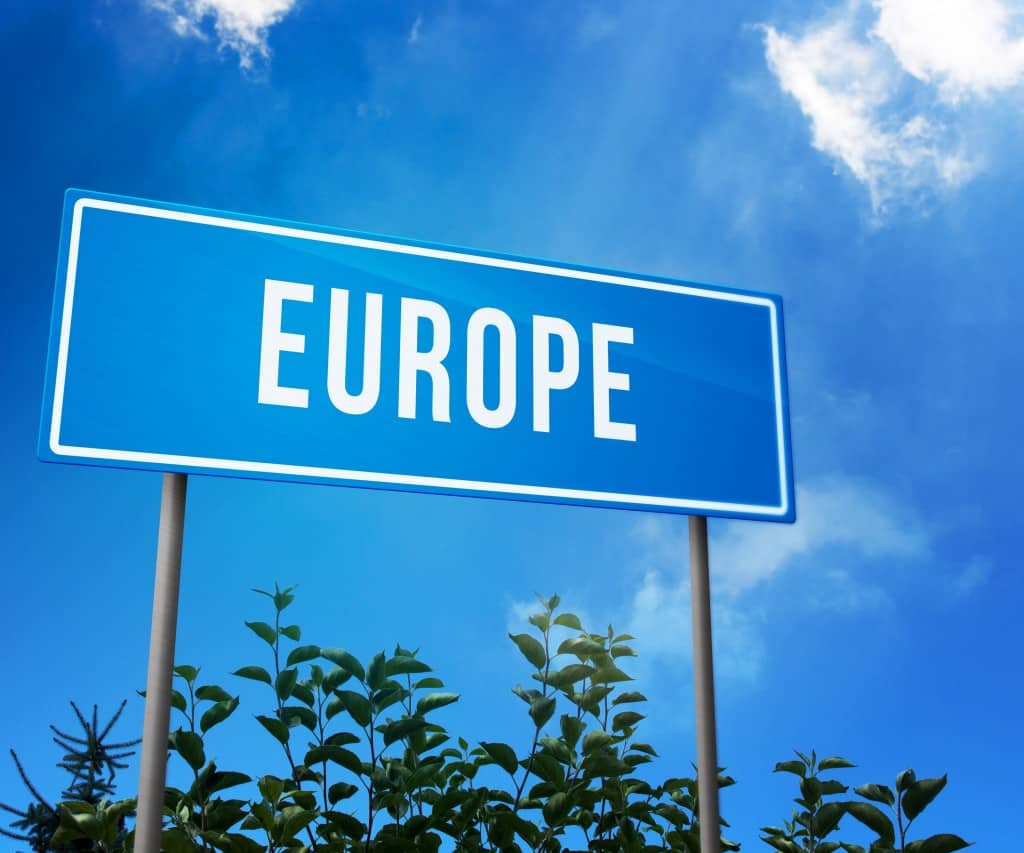By Julien Lepetit.
Approximately three years ago, I was introduced to Keith Dugdale’s Smarter Selling approach. At the time, I was working for a Fortune 500 professional services firm and held commercial responsibilities in my technical market.
It all instantly made sense to me. It was aligned with the intuitive approach to business I had taken for the past ten years – it comforted me in my views and cemented my perception of how to successfully do business. The approach relies on the essential value of client and general business relationships, the necessary emphasis on client needs, and the adoption of a long-term objectives in building trust rather than short-term financial rewards.
Of particular value to me was being introduced to a small number of pragmatic, instantly rewarding tools that I was able to adopt in my consulting work. Over the following weeks, they helped me achieve more productive and successful business conversations and increased my personal comfort in undertaking previously uncomfortable tasks such as ‘cold-calling’ – approaching new clients with limited or no previous collaboration or history.
And yet despite my comfort and success in applying these in Australia, I was not convinced they would work elsewhere, particularly in my birthplace – Europe.
In June 2013 I had the opportunity to take a business trip to Europe at short notice (approximately three weeks). Planning to attend an international conference in France, I decided to approach potential industry partners and European institutions. Through my previous experiences in ‘cold-calling’ European institutions such as the European Commission, the UK Environment Agency, or French consultancies and administrations, I had found it particularly challenging to get past the gate keepers: switchboards, receptionists, or personal assistants.
I had previously considered the French business culture, particularly in government agencies, to be considerably more conservative than in the Anglo-Saxon world. The mass of solicitations from potential service providers is greater than in Australia and I had always known executives to be more selective in their business meetings and protective of their time. How would I be able to secure appointments with new contacts at short notice, on the other side of the globe?
Discussing my reservations with Keith, we agreed that I would try using the same method and tools (I We U statements), paying particular attention to the value proposition for the recipient. This would form a real world experiment to gauge any difference in success. Hoping for a success rate of 20-25%, I approached about 15 different individuals. To my surprise, 13 people agreed to meet or suggested more relevant contacts within their organisations. What an impressive success! This high rate of success (about 85%) was a real eye opener to me. Beyond the success rate, I also found that people were prepared to make unexpected efforts to find time for me.
For me, there were two clear learnings from this experience:
- The principles and benefits of the approach advocated by Keith and his team are more universal than I had imagined. Cultural differences have not affected the impact that they can have on rapidly creating a climate of trust.
- Executive and senior professionals the world over will be sensitive to opportunities of gaining ideas and insights. Clearly outlining a value proposition in the early contact can generate, based on my experience, very successful first approaches.
Julien Lepetit is a Principal Engineer, Water, for E2Designlab based in Canberra, Australia. He is also an Adjunct Senior Research Fellow (Water Science) at the University of Canberra. You can find him on LinkedIn here.
A sample I We U
Keith says:
Here is an example of an I We U email written by Julien to secure a meeting in France. In this instance, Julien has gone straight to a U statement (the value the other person will get from attending the meeting) without including a WE statement (who he proposes talks about what, when). This is fine. At the beginning of the meeting, however, Julien would need to ensure he includes a WE statement so that what will actually be discussed, and by whom, is clear to both parties. This also helps to keep the meeting on track.
I really like Julien’s U statement: ‘I hope you would gain additional insights and ideas based on the Australian focus on green infrastructure which might contribute to supporting the increased take-up of green infrastructure in Europe.’ There is no hard sell, only a topic of genuine interest, and he is only offering what value can be obtained DURING the meeting. It is clear to the recipient what they all actually get for giving up an hour of their time.
The I We U:
From: Lepetit, Julien
Sent: Thursday, May 30, 2013 2:38 PM
To: Sara
Subject: An Australian experience with Green Infrastructure and Water Quality Management
Dear Sara
I read with interest the EU Green Infrastructure Regional Policy a few weeks ago, and noted the strong focus on natural capital and ecosystems services. Having relocated to Australia from France/Belgium, my experience on planning and delivering Green Infrastructure over here is consistent with these values.
I will be travelling via Lyon (FR) and London at the end of June and was wondering whether you would be interested in meeting in BXL. From this discussion I hope you would gain additional insights and ideas based on the Australian focus on green infrastructure which might contribute to supporting the increased take-up of green infrastructure in Europe.
If this sounds like a good use of your time, please let me know when might be suitable for you.
Yours sincerely
Julien



